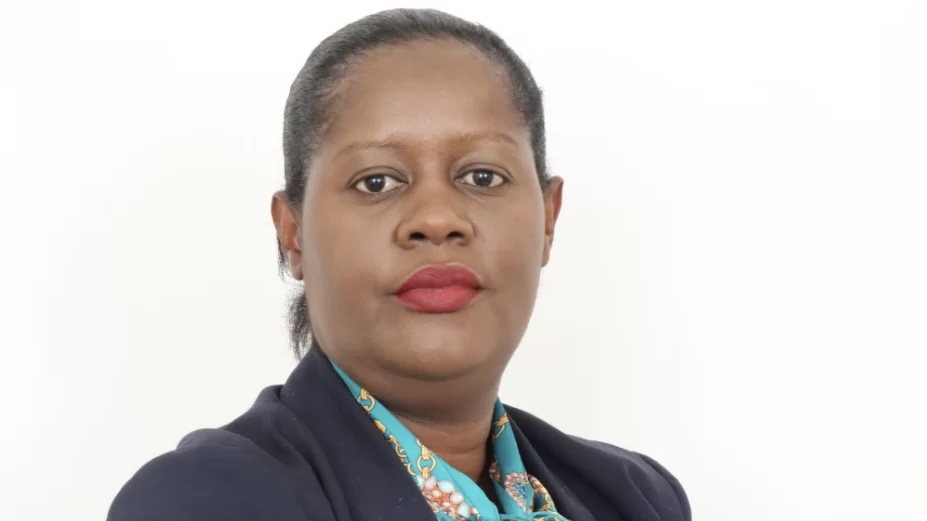Sharon Kapambwe, Technical Officer of Cancer Control at the World Health Organization, shared a post on LinkedIn:
“Losing my maternal matriarch to cancer.
Today was tough. We put to rest my 87-year-old aunt, mum’s cousin, who succumbed to cancer. She was the family matriarch on my maternal side.
From that early morning call of suspected cancer symptoms to getting assurance that it wasn’t cancer from first contact with the health system. Further, investigations confirmed it was actually cancer. This took about four months. Partly, the patient was hesitant with further investigation, standing on the first assurance of no cancer.
The cancer was stage 2B, needing chemoradiation. With no radiotherapy available in the country, treatment abroad with or without support fromthe government is the next step. She was waitlisted. However, she decided with advanced age she didn’t want to travel all the way to India for radiotherapy.
It was such a painful decision for me to come to terms with because I knew the outcome of the alternative. Yet, I respected her decision and that of close family, and explained what the decision meant. True with advanced age travel and radiotherapy could be a little too much. She was also diabetic. So I understood her decision.
The first six months were bearable, and the last six months were tough. With majority of cases getting diagnosed at advanced stages in the Region, we urgently need more palliative care services all the way to the community. Though I wasn’t the hands-on caregiver, the voice notes were heartbreaking. The health personnel were supportive, and the availability of oral morphine always brought such relief.
Deep lessons have been learnt walking this journey. Seeing your once bubbly fountain of wisdom fight cancer was tough.
Quick lessons:
- Health promotive services must include women past the reproductive age. Generally, once childbearing is done with few services exist for women in our health systems. With most women done with childbearing by 35, incentive to visit the health facilities isn’t there. Community-based HPV self-sampling, for instance, is a game-changing initiative that will help women reach where they are.
- Diagnosis and treatment services need more decentralisation. The out-of-pocket and lost time is high.
- Patient navigation is a critical service. For my aunt, there was I who indirectly acted as a navigator. ‘Without you, I am not sure how your cousins would have managed to get me through the system.’ The truth is, there are more people without a Sharon in need of navigation.
- Palliative care services need to reach the community level. People need palliative care services desperately.
The narration above is most likely the story of many cancer patients in our settings.
Let’s prioritise cancer care in our health care financing mechanisms.
Thank you, Auntie Febby, for the sociocultural pillar you were to us for many years.”
Dr. Sharon Kapambwe reflected on the loss of her aunt to cancer, sharing personal insights on the need for better cancer detection, access to radiotherapy, patient navigation, and community-based palliative care. Her post calls for systemic changes to support older women and underserved populations in accessing timely and compassionate cancer care.
More posts featuring Sharon Kapambwe.


